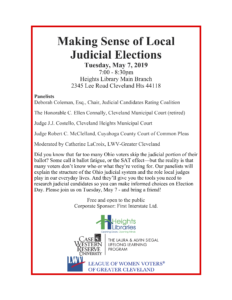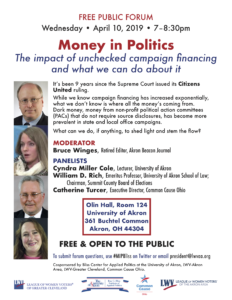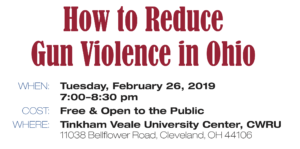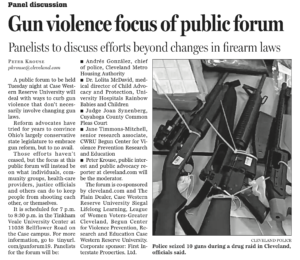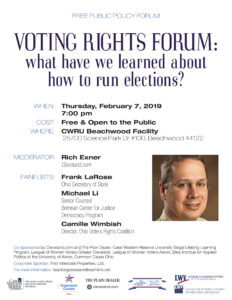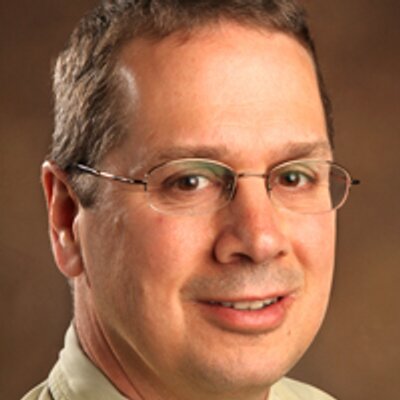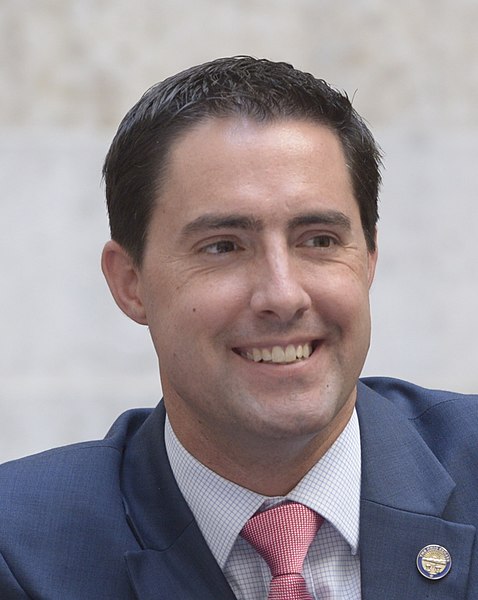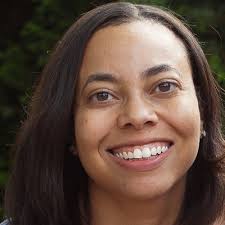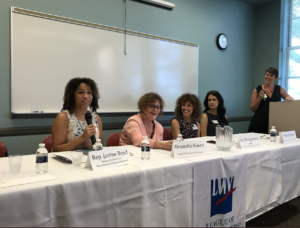
Rep. Janine Boyd, D-Cleveland Heights, Alexandria Ruden of the Legal Aid Society of Cleveland, Judge K.J. Montgomery of Shaker Heights Municipal Court, Megen Gergen of the Domestic Violence and Child Advocacy Center
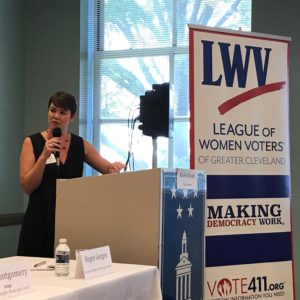
Rachel Dissell, moderator, The Plain Dealer
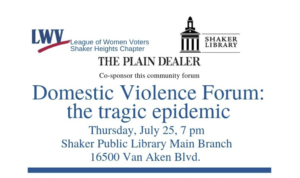
Local experts offer strategies for domestic violence victims
By JULIE HULLETT The pdf is here
SHAKER HEIGHTS, Ohio — Lethality tests, advocacy and victim support systems are key to ending domestic violence, according to panelists at a Thursday forum. With a combination of support from legislators, law enforcement agencies and organizations that offer services for victims, the panelists said that more men and women in abusive relationships will survive.
“When there are continuums of care, it’s harder for people to fall in the cracks,” state Rep. Janine Boyd, D-Cleveland Heights said. “If we can engage them at one point and keep them engaged throughout the continuum, then you have a better chance of effectively helping them.”
Other panelists at the forum included:
- Judge K.J. Montgomery of Shaker Heights Municipal Court
- Alexandria Ruden of the Legal Aid Society of Cleveland
- Megen Gergen of the Domestic Violence and Child Advocacy Center
Rachel Dissell, investigative reporter for The Plain Dealer, moderated the discussion. The event, which drew nearly 60 people, was hosted by the League of Women Voters of Shaker Heights, The Plain Dealer and the Shaker Heights Public Library, where it took place.
The forum video is here:
The highlights of the panel are below:
Aisha’s Law
Rep. Boyd spoke on the importance of House Bill 3, known as “Aisha’s Law” that she introduced in the state house in May. The bill is named after Aisha Fraser, who was murdered in Shaker Heights in November by her ex-husband, who was a former state representative, state senator and Cuyahoga County Common Pleas Court judge.
This bill would offer additional protections to domestic violence victims, including requiring courts to make restraining orders available at all times and requiring law enforcement to create a separate track for high-risk domestic violence cases.
“Law enforcement has been one of the most supportive groups around the bill because domestic violence calls are among the most lethal for law enforcement,” she said. “They know the people and it’s a revolving door.”
Rep. Boyd said that Gov. Mike DeWine has shown support for this legislation. In the state budget for FY 2020-21, she said that there is a line-tem for statewide domestic violence programs for $1 million per year.
Lethality tests
One of the most important aspects of Aisha’s Law is the lethality test, a method to determine the lethality of a domestic situation. According to Ms. Ruden, the lethality test asks detailed questions so law enforcement can fully understand if a victim’s life is in danger and how to handle the people involved.
The lethality questionnaire asks the victim if his or her abuser is obsessive or has access to weapons. One vital question on the lethality test is whether or not the victim has been strangled. Panelists said that strangulation is a known precursor to more violence. Ms. Ruden said that Aisha’s Law also has a provision that makes strangulation a crime.
“The thing that we’re most excited about is that there is a piece in there on strangulation, finally, working with strangulation and making it a crime—and calling it what it is,” Ms. Ruden said. “It’s not attempted murder, it’s not attempted assault. It’s near-fatal strangulation.”
Victim support
The panelists stressed the importance of offering support and resources for the victims of domestic violence. When Ms. Gergen meets with clients at the Domestic Violence and Child Advocacy Center, she said that she helps them make a plan, such as where to live and how to support themselves.
Judge Montgomery also said that the advocates are instrumental in keeping the victims safe. She said that victims need to have a code word, so if the victim calls a friend or family member and uses that word, the other person will know to call 911. She also noted that in some cases it is necessary to keep a packed bag when it is time to leave the household.
“If somebody wants to kill you, they’re going to do it,” Ms. Ruden said. “[We need to] educate our victims, and the best way to do that is the lethality assessment because you educate not just the victim, but the community.”
Education to end the stigma
According to the panelists, another challenge with domestic violence situations is overcoming the stigma toward them. Judge Montgomery said that this crime knows no boundaries.
“One of the first things you realize is this is a crime that knows no economic constraints, no ethnicity, no neighborhood,” she said. “It comes from all five of our communities that come into the Shaker court, whether they be the most affluent or the most poor.”
Ms. Gergen said that victims are still stigmatized because their stories are questioned and some may blame the victim. She said that society sometimes asks what the victim did to make her husband hit her, or why she chose to be in a violent relationship.
“There has been an increase in conversations, but it’s still uncomfortable for folks,” she said.
Ms. Gergen explained that education and empowerment are key to overcoming the stigma. She said that it can be easy to identify domestic violence on TV, when a professional athlete is caught in the act on video. But it can be harder to admit that domestic violence is occurring if the suspected abuser is an acquaintance, such as a neighbor or a co-worker.
What can I do?
The panelists offered many opportunities for everyday citizens to get involved to help stop domestic violence. Ms. Gergen advised citizens to get to know their neighbors and check in to see how things are going.
Judge Montgomery said that parents must educate themselves and their children on how to handle difficult situations. Ms. Ruden said that people should be supportive to the victims, and suggested not to get upset with the victim if he or she returns to the abuser.
“It takes a victim of domestic violence seven to 10 times to get out of a battery situation,” Ms. Ruden said. “If you are that support system, don’t turn them away when they go back. At some point, they will get out.”
Rep. Boyd advised citizens to advocate for funding for domestic violence programs and resources at the federal level by calling their congressperson and senator and asking for matching funds and grants in states that are implementing the lethality protocol.
An audience member, Eileen Burkhart of Cleveland Heights, said that the presentation was information but is still waiting for more progress.
“This was a good education piece about what the law is, but we need to come up with a way where domestic violence situations are addressed way earlier than letting them get into court and the legal system,” Ms. Burkhart said. “We don’t catch it soon enough, there’s not enough support out there for victims to get the help they need.”
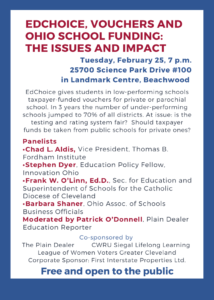
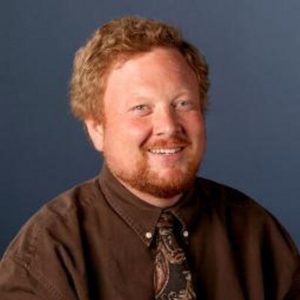

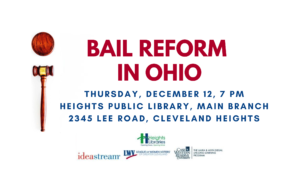


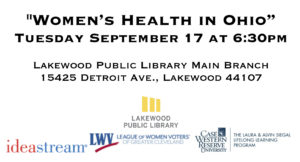
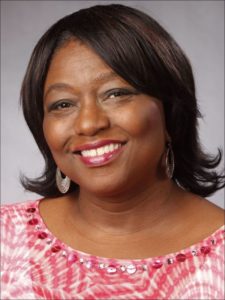
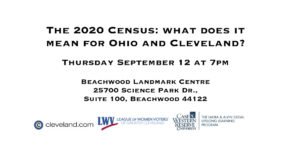
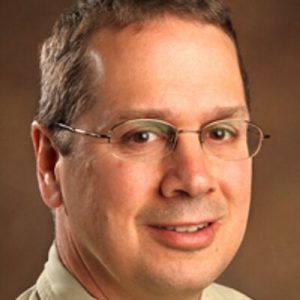



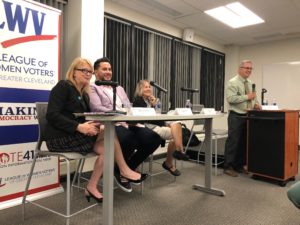 Accurate census vital to Ohio’s future
Accurate census vital to Ohio’s future